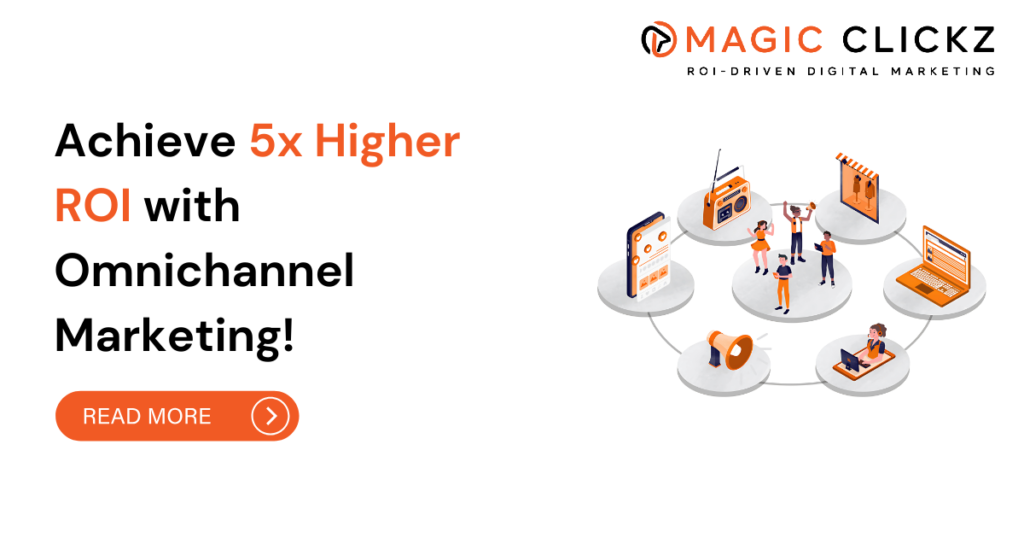
Isn’t it amazing how omnichannel marketing transforms every customer interaction into a seamless and memorable experience?
Now you might be thinking, what is omnichannel marketing?
Omnichannel marketing integrates all customers in web, created online with ppc advertising and offline into a unified experience. It ensures consistent messaging and personalized interactions across channels, enhancing customer satisfaction and boosting ROI.
By connecting these touchpoints, businesses create a seamless journey that drives better results.
From personalized content tailored to individual preferences to consistent messaging across every platform, omnichannel marketing creates a cohesive and engaging experience that keeps customers coming back.
Ready to transform your brand into a true multitasking powerhouse? Let’s dive in and explore how to leverage omnichannel marketing for your business!
TABLE OF CONTENT
- What is Omnichannel Marketing?
- Why is Omnichannel Marketing Important?
- Benefits of Omnichannel Marketing
- Difference between Multichannel Marketing and Omnichannel Marketing
- Tips for Implementing Omnichannel Marketing
- How Omnichannel Marketing Works?
- 5 Steps to Building an Omnichannel Marketing Strategy
What is Omnichannel Marketing?
Omnichannel marketing is all about creating a magical experience for your customers, no matter where, when, or how they interact with your brand.
Imagine your business as a symphony where each channel plays a unique note, blending seamlessly into one harmonious tune. Unlike traditional marketing, which separates strategies for each platform, omnichannel marketing weaves these channels together into a single, cohesive journey.
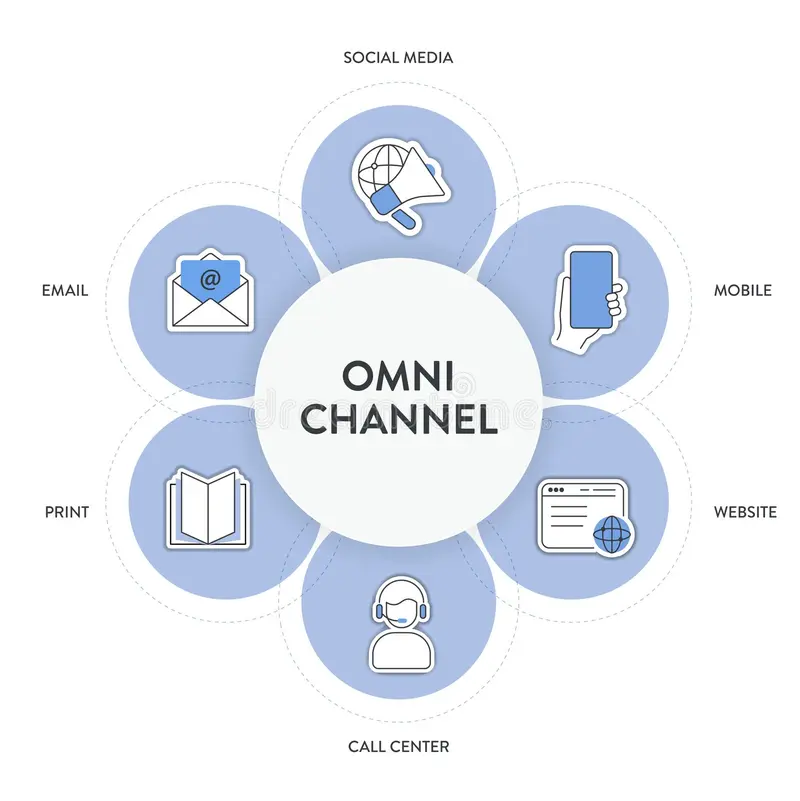
At its heart, omnichannel marketing is about delivering a smooth, memorable experience from the first click to the final purchase and beyond! Whether a customer browses your website, engages with your social media advertising, or walks into your store, every touchpoint is connected, creating a unified and personalized journey.
Picture a shopper who starts by exploring your products online, sees your targeted PPC ads on social media, and then steps into your store to complete their purchase all with a consistent, personalized experience throughout.
This unified approach not only boosts customer satisfaction but also builds long-term loyalty. With the power of omnichannel strategies, every interaction feels personal, relevant, and smooth, ensuring your brand leaves a lasting impression on your audience.
Why is Omnichannel Marketing Important?
Across multiple channels, whether it’s through websites, social media, physical stores, or email. However, a fragmented approach can create inconsistencies, leaving customers feeling disconnected and unable to fully engage with the brand.
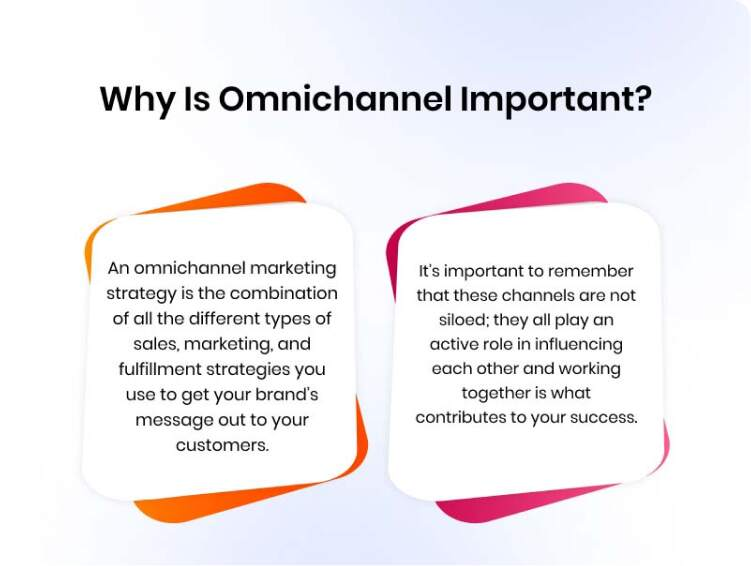
This is where omnichannel marketing shines. By seamlessly integrating various channels into a unified strategy, businesses ensure a consistent and personalized experience for every customer. Digital marketing agencies, such as Digital Marketing Agency in Indore, leverage omnichannel approaches to create cohesive journeys across all touchpoints.
Benefits of Omnichannel Marketing:
Enhanced Customer Experience
Omnichannel marketing creates a seamless, unified approach that eliminates friction and provides a personalized journey tailored to customer needs. Whether through PPC services, social media advertising, or email campaigns, customers experience consistent messaging and support across every touchpoint, building trust and improving satisfaction.
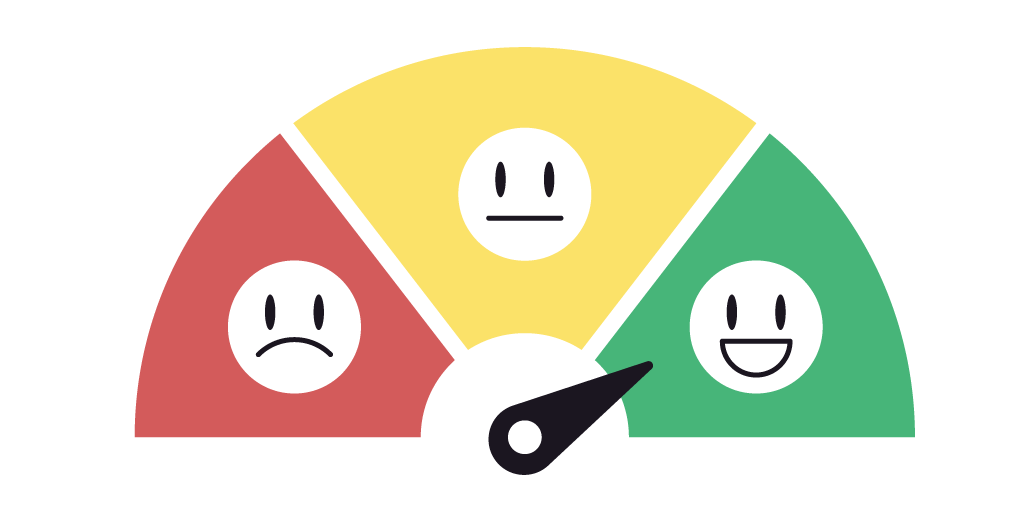
Increased Engagement
By interacting with a brand across multiple platforms, customers stay engaged longer, forming deeper connections. Agencies like Ppc services agency and Digital marketing companies in Indore help businesses create these meaningful interactions that lead to higher conversions and retention.
Improved Brand Loyalty
Consistency in messaging and service across all channels fosters long-term relationships. Businesses offering Best PPC management services in Indore focus on providing a unified brand voice that enhances customer loyalty and builds trust.
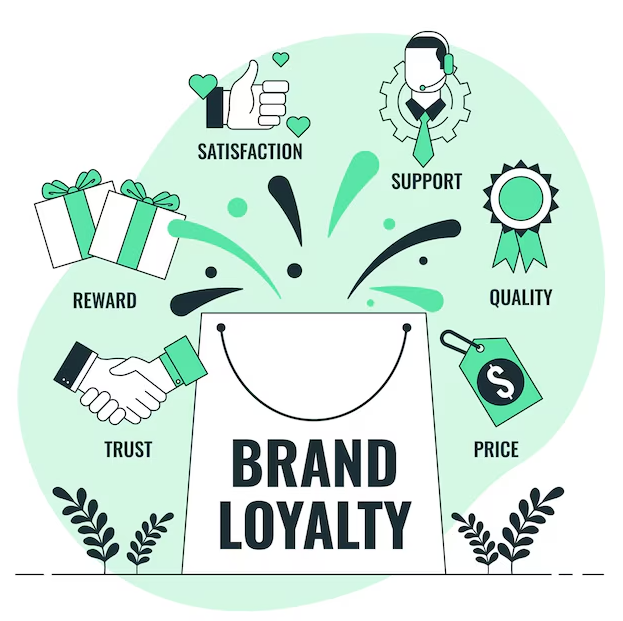
Data-Driven Insights
Omnichannel marketing leverages customer data across channels to offer valuable insights into behavior. With tools like meta ads management, businesses refine their strategies to deliver better results and drive growth effectively.
Increased Conversion Rates
A seamless and personalized experience allows users to navigate through the sales funnel more efficiently, boosting conversion rates.

Improved Customer Retention
Consistent messaging and unified service across all channels encourage repeat business and foster lasting relationships.
Higher Engagement
Omnichannel marketing ensures that customers interact meaningfully with the brand, driving higher engagement through a cohesive experience.

Better ROI
With a unified and personalized approach, marketing efforts are more targeted and efficient, leading to a better return on investment (ROI).
Enhanced Brand Recognition
By maintaining consistency across channels, businesses enhance their visibility and stand out in a competitive market, boosting brand recognition.
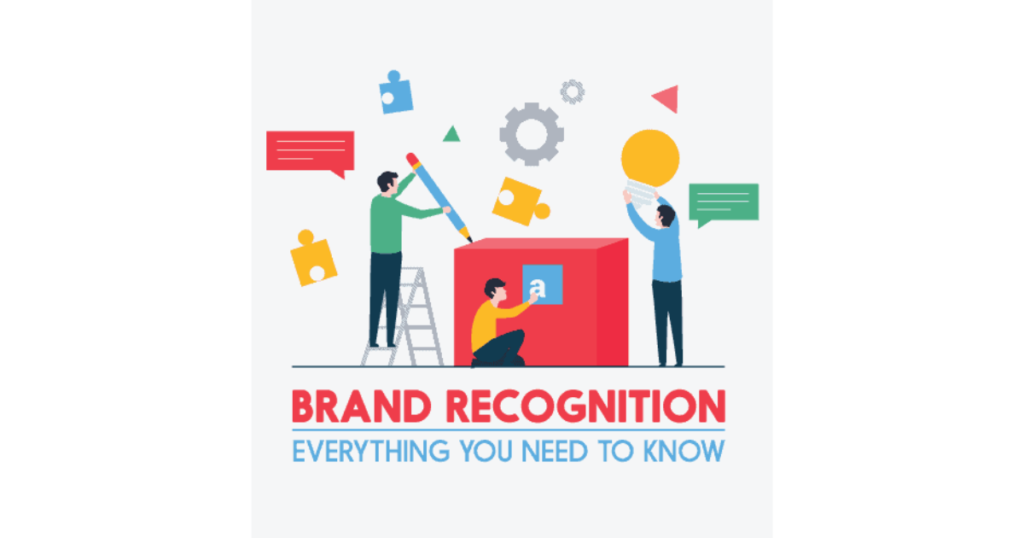
Omnichannel marketing empowers businesses to offer a seamless, engaging experience that not only drives customer satisfaction but also boosts overall performance and ROI.
Difference between Multichannel Marketing and Omnichannel Marketing
Here’s a table outlining the differences between Multi-Channel Marketing, Cross-Channel Marketing, and Omnichannel Marketing:
| Aspect | Multi-Channel Marketing | Cross-Channel Marketing | Omnichannel Marketing |
| Definition | Involves using multiple platforms and channels separately to reach different audiences. | Integrates different channels to ensure consistent messaging across platforms. | Seamlessly integrates channels for a unified, consistent experience across all platforms and devices. |
| Focus | Each channel operates independently, focusing on single-channel effectiveness. | Focuses on syncing messages across channels, ensuring continuity and cohesiveness. | Focuses on delivering a seamless, integrated experience where customers can switch between channels effortlessly. |
| Customer Experience | Disjointed customer experience as channels are managed separately. | Better coordination but still lacks full integration. | Fully unified experience across all touchpoints, enhancing customer satisfaction. |
| Data Integration | Limited data sharing between channels, leading to isolated insights. | Data is shared between channels, but not always real-time. | Real-time, unified data across all channels for personalized and context-aware marketing. |
| Consistency | Messaging is channel-specific, leading to potential inconsistencies. | Consistent messaging across integrated channels. | Consistent, cohesive messaging tailored to individual customer preferences. |
| Automation | Automation is channel-specific, limiting cross-channel functionality. | Automation across connected channels for efficiency. | Fully automated processes across channels for a seamless customer journey. |
| Goal | Maximize reach and conversions through isolated channel strategies. | Ensure cross-channel alignment and efficiency. | Deliver a unified, personalized experience at every touchpoint across all channels. |
Tips for Implementing Omnichannel Marketing
Implementing an effective omnichannel marketing strategy requires a well-coordinated approach across multiple channels. Here are some essential tips to help businesses create a seamless and unified experience for their customers:
- Create a Unified Brand Identity
Consistency is key to building trust and ensuring a memorable customer experience. Your brand messaging, visuals, and tone should be aligned across all channels. Digital Marketing Agency in Indore and Best PPC management services in Indore focus on providing a consistent brand identity, ensuring customers recognize and engage with the brand effortlessly across platforms.
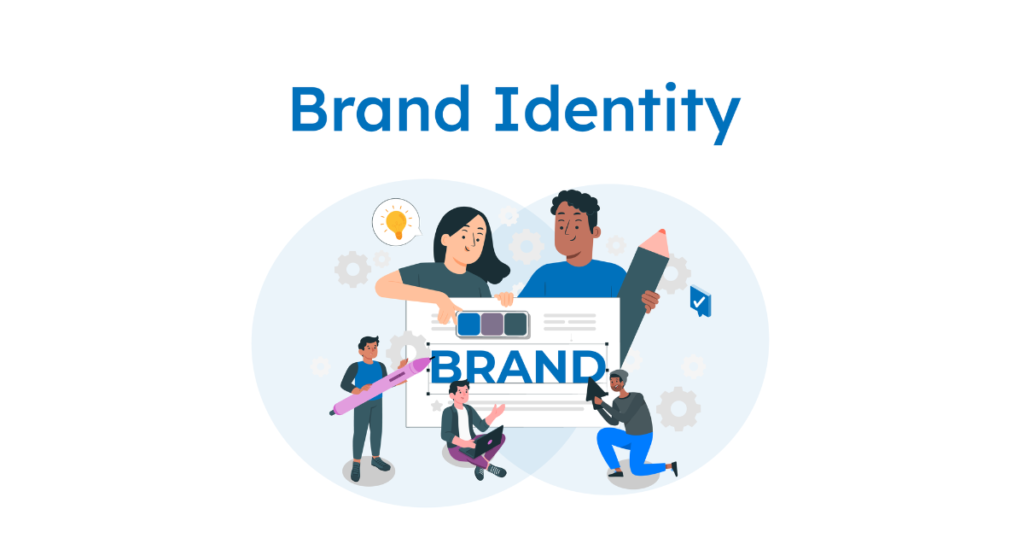
- Leverage Data to Personalize Experiences
Utilize customer data to tailor experiences that meet individual preferences. By segmenting audiences based on behavior and preferences, businesses can deliver personalized content and offers. Implementing tools like Ppc management services, meta ads management, and PPC campaign management enhances the personalization process.
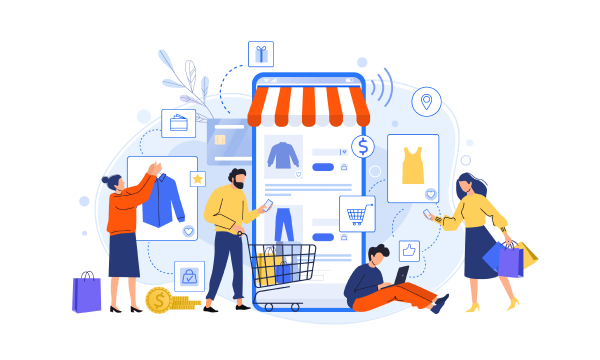
- Optimize Each Channel
Different channels offer unique opportunities, so it’s essential to optimize them accordingly. Social media advertising should be interactive and engaging, while email marketing should focus on delivering targeted and relevant offers. Ensuring these are aligned within an omnichannel approach maximizes customer engagement.
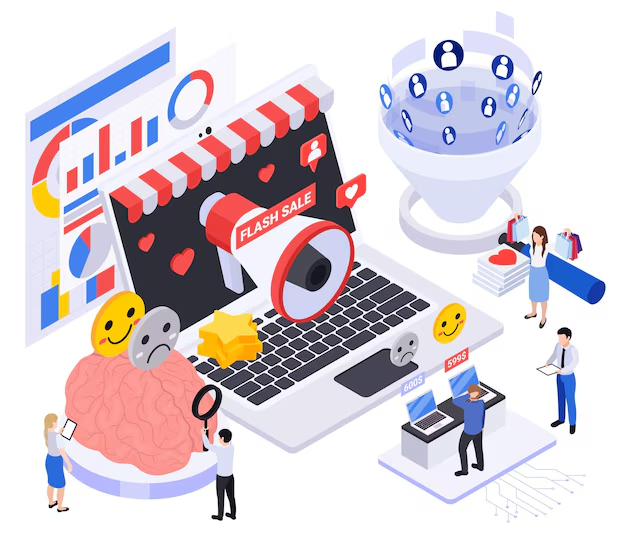
- Implement Integrated Technology Solutions
Effective omnichannel marketing requires the integration of technology solutions to unify data and streamline communication. Tools such as CRM systems, marketing automation, and analytics platforms help in managing and analyzing data across various channels for better insights and strategy refinement.
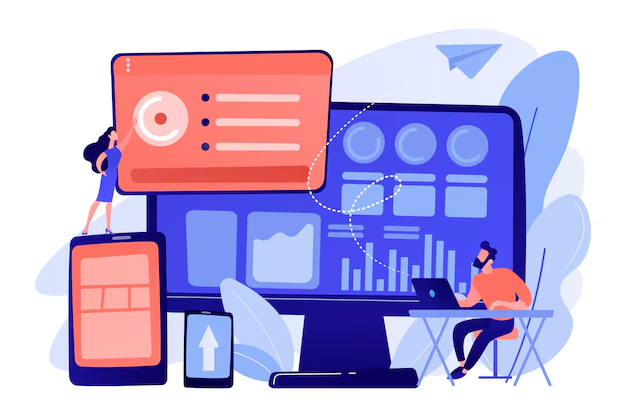
- Measure and Refine Strategies
Continuous tracking and analysis of customer interactions across channels allow businesses to refine their omnichannel approach. Keeping up with ppc trends, PPC strategies, and local ppc is vital to staying ahead and ensuring optimal performance.
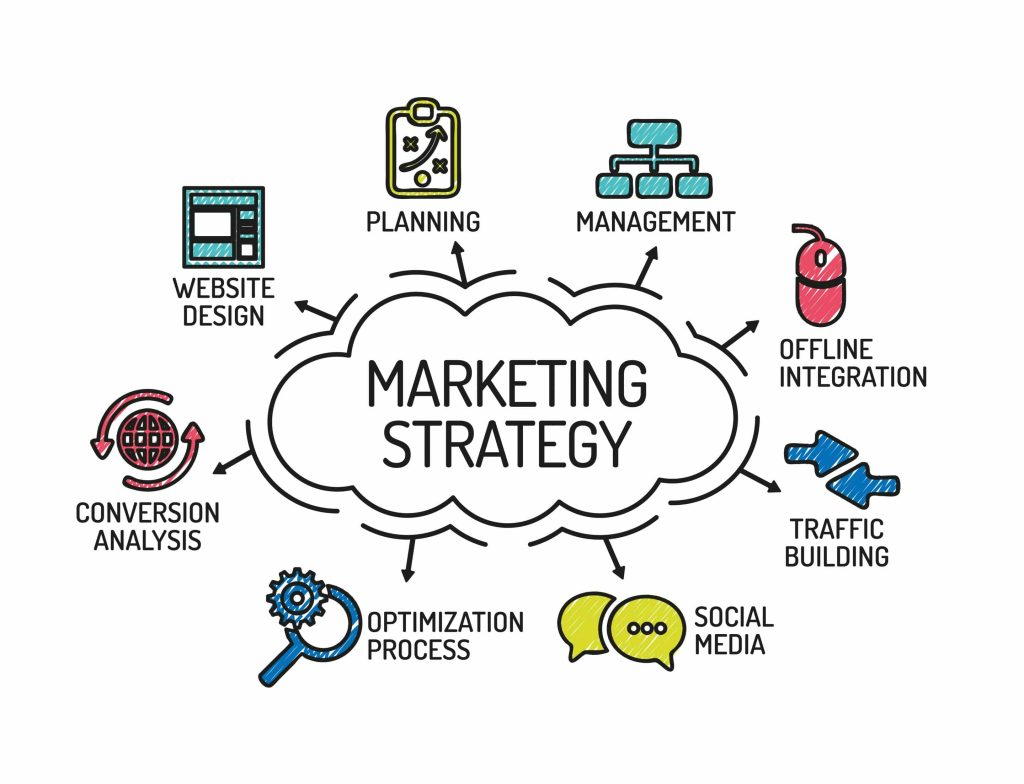
How Omnichannel Marketing Works?
Omnichannel marketing works by creating a seamless journey for the customer, ensuring a consistent experience across multiple touchpoints. Here’s how it operates:
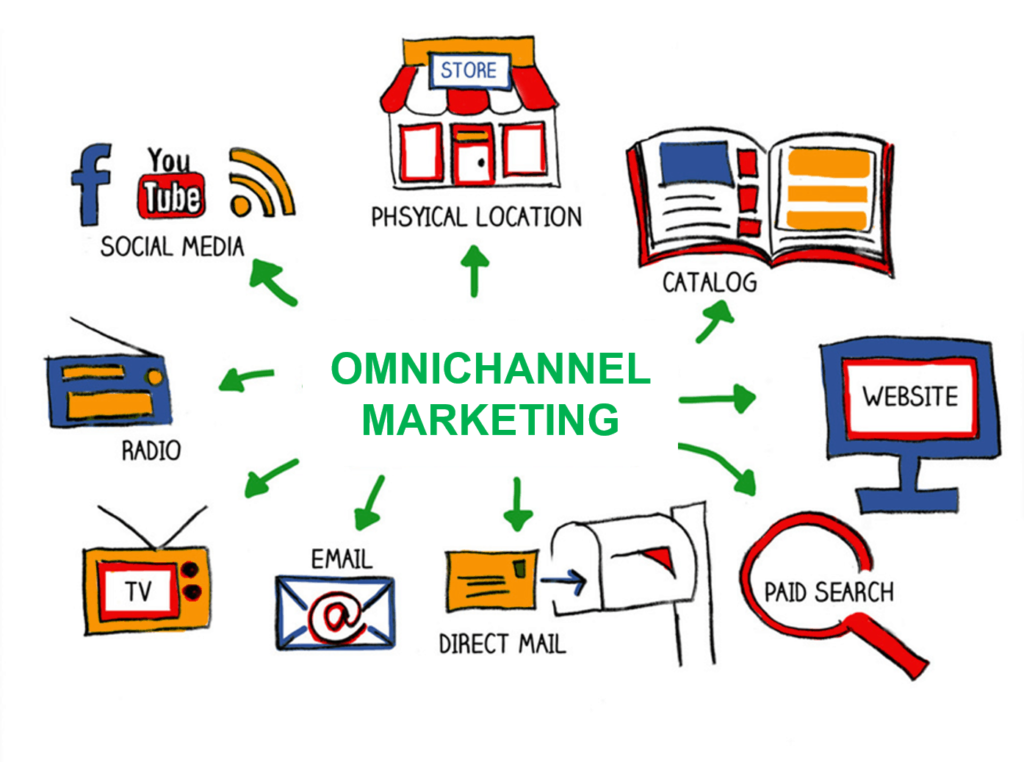
- Data Integration: Customer interactions across various channels are tracked and unified through analytics platforms, enabling businesses to gather insights into behavior and preferences.
- Personalization: With the insights collected, personalized content and offers are delivered, ensuring customers receive relevant experiences regardless of the channel.
- Consistency: A unified brand identity ensures that the brand message, visuals, and service quality remain consistent at every touchpoint, whether on social media, websites, physical stores, or via email.
- Continuous Optimization: Businesses continuously refine their strategies by analyzing performance and adapting to customer needs, ensuring a cohesive and engaging omnichannel experience.
5 Steps to Building an Omnichannel Marketing Strategy
Omnichannel marketing is an integrated approach that ensures a seamless, consistent customer experience across multiple touchpoints, online, in-store, and through various digital marketing channels. Here’s a breakdown of the five steps with their real life examples to illustrate how businesses can successfully implement omnichannel marketing.
1. Learn About Your Audience
Understanding your audience is the foundation of a successful omnichannel strategy. Gathering data through customer behavior, preferences, and purchase history allows businesses to create personalized experiences tailored to individual needs.
Example: Starbucks
Starbucks excels in understanding its customers by collecting data through loyalty programs and customer feedback. This allows them to offer personalized experiences through targeted marketing, product recommendations, and exclusive rewards based on individual purchasing habits. Whether customers visit a Starbucks store, use the mobile app, or browse the website, they experience a tailored journey.
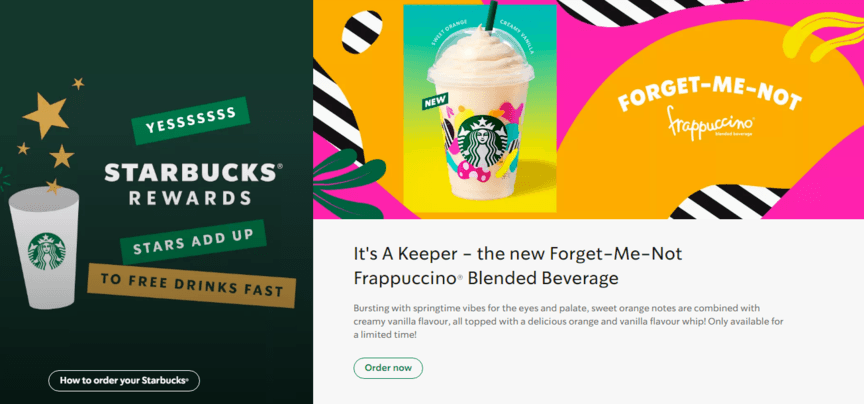
2. Identify the Right Channels for You
Different customers prefer different channels for interacting with a brand. It’s important to integrate multiple channels like social media advertising, email, websites, and physical stores to ensure a cohesive experience.
Example: Nike
Nike has successfully adopted omnichannel marketing by offering a seamless experience across physical stores, online platforms, and mobile apps. Customers can browse, buy, and receive personalized product recommendations both in-store and online, ensuring a consistent experience regardless of the channel they use. This creates a unified journey, where customers can track purchases and receive tailored content across all touchpoints.
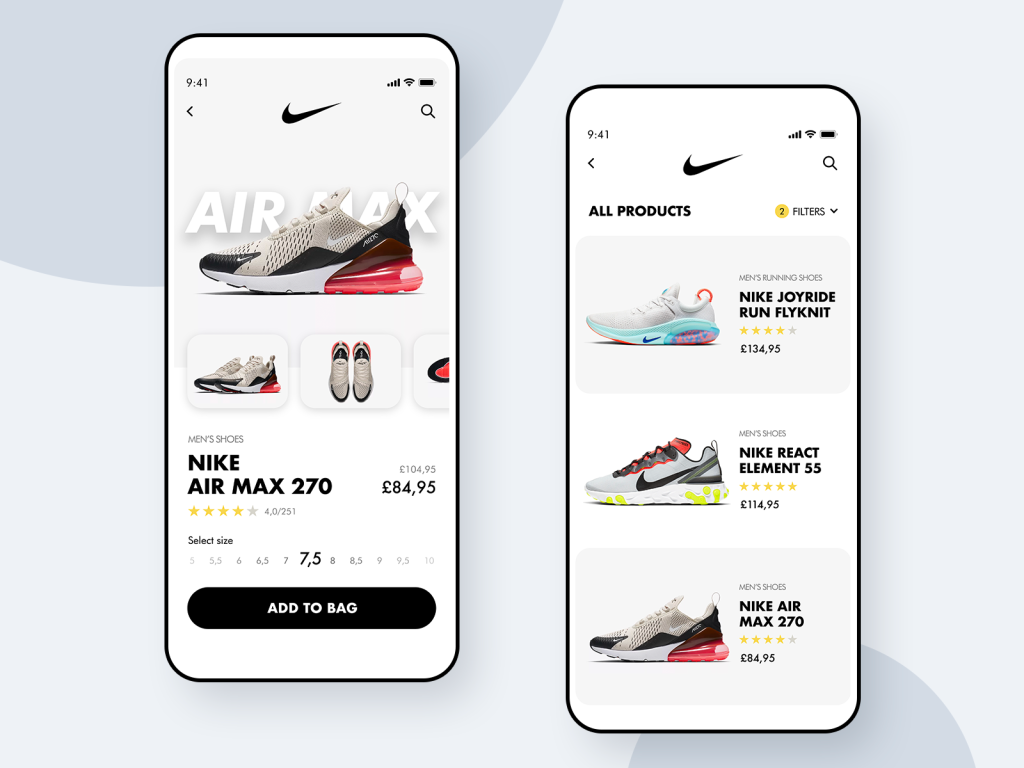
3. Generate Personalized Content
Personalized content plays a crucial role in building strong customer relationships. Tailoring content such as product recommendations, offers, and promotional messages based on customer data enhances engagement and increases conversions.
Example: Amazon
Amazon uses an advanced personalization strategy to offer highly targeted content. For instance, based on customers’ browsing history, search queries, and purchase behavior, they display personalized product recommendations on the website, send customized emails, and offer tailored deals. This omnichannel marketing approach ensures that customers feel engaged and valued across different channels.
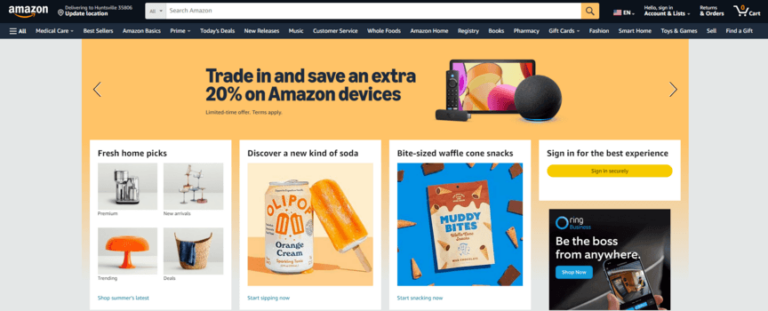
4. Un-Silo Your Departments
Silos between different departments (marketing, sales, customer service) can create inconsistent customer experiences. By integrating teams, businesses can deliver a seamless experience that aligns with customer expectations.
Example: Target
Target has successfully broken down internal silos by unifying its teams to ensure consistency across its marketing, sales, and customer service departments. Whether a customer shops online, in-store, or via social media advertising, Target ensures that all interactions are aligned, providing consistent messaging and a smooth shopping experience.
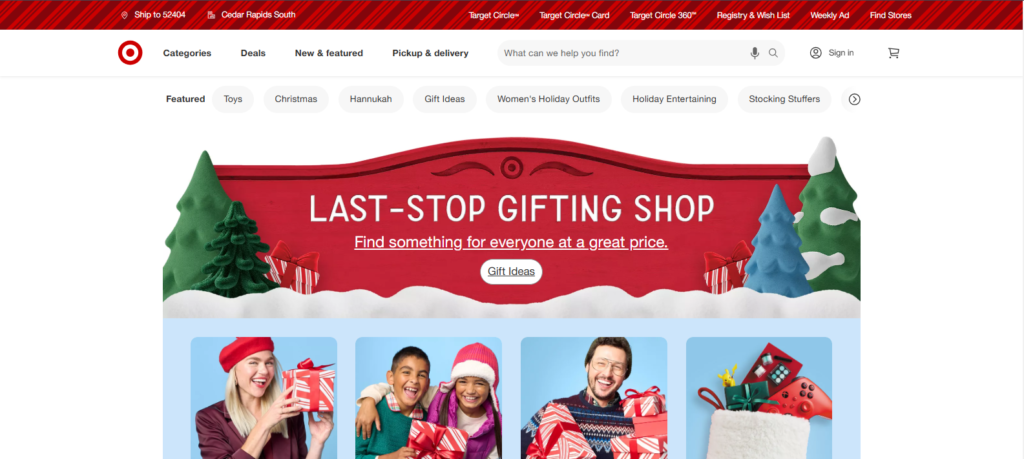
5. Monitor Your Results
Continuous tracking and optimization are essential to the success of an omnichannel strategy. Monitoring key metrics, analyzing data, and refining strategies based on insights ensures that businesses stay ahead in a competitive landscape.
Example: Apple
Apple uses detailed analytics to monitor customer interactions across all channels, from their physical stores to the website and app. This data-driven approach allows Apple to optimize their marketing strategies, personalize customer interactions, and enhance the overall experience. By continuously refining their omnichannel approach, Apple maintains a high level of customer satisfaction and loyalty.
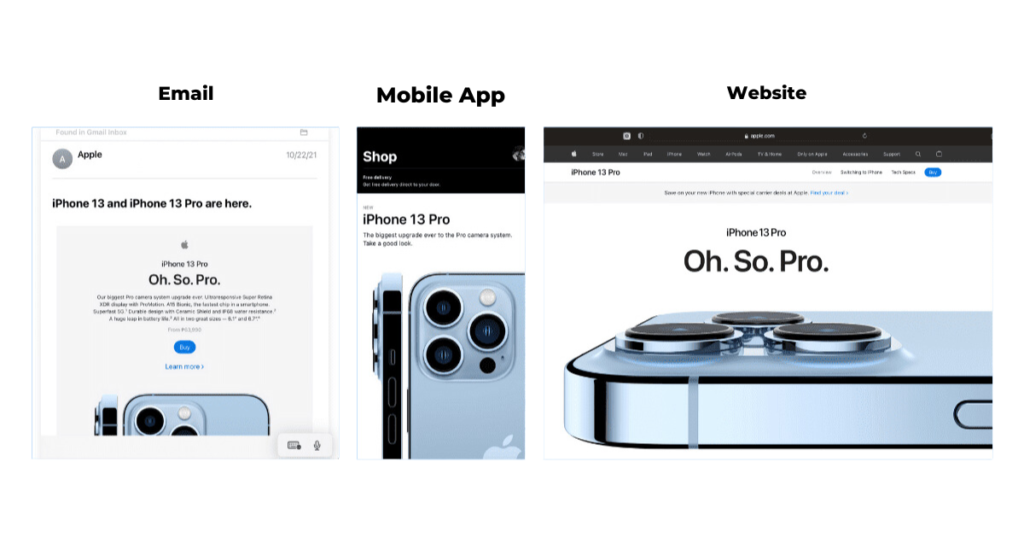
Elevate Your Marketing Game with Omnichannel Mastery!
Omnichannel marketing isn’t just a trend, it’s a necessity. At Magic Clickz, we craft dynamic, seamless omnichannel strategies that connect your brand with your audience across every touchpoint.
Our approach focuses on enhancing customer engagement, boosting conversions, and delivering measurable ROI through advanced analytics and personalized experiences.
We understand the importance of integrating various channels such as social media, email marketing, and PPC advertising to create a cohesive and unified brand experience. Whether you’re the Best Digital Marketing Agency in Indore or require PPC management services tailored to your specific business needs, our team is dedicated to ensuring your marketing efforts resonate with your target audience.
From utilizing cutting-edge tools like meta ads management to implementing local PPC strategies for better reach, we aim to optimize your marketing performance across every stage of the customer journey. With years of experience in digital marketing, we help businesses stand out in a crowded marketplace through customized solutions that drive growth and foster customer loyalty.
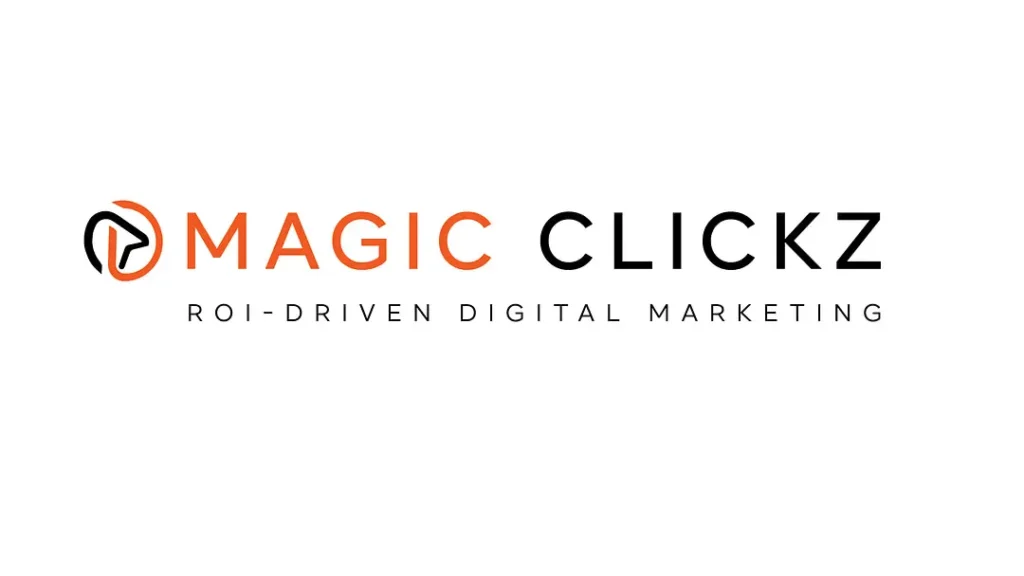
Our Core Services Include:
- PPC Management Services
- Performance Marketing Services
- Google Ads Management Services
- Meta Ads Management Services
- Search Engine Optimization Services
- Email Marketing Services
- Video Marketing Services
- Branding Services
- Website Design And Development Services
- Blog Writing Services
- Google My Business Management Services
Ready to elevate your marketing strategy with omnichannel marketing solutions? Let’s craft a strategy that works best for your business today!
Check out our case studies. Contact Magic Clickz today at +919826837333 for expert guidance and results-driven solutions!
FAQs on Omnichannel Marketing
1. What is omnichannel marketing, and why is it essential?
Omnichannel marketing integrates various platforms like websites, social media, and physical stores to provide a seamless, personalized customer experience. It’s crucial for businesses aiming to enhance engagement, retention, and ROI. Agencies like a Digital Marketing Agency in Indore or a PPC services agency can help implement this strategy effectively.
2. Which industries benefit the most from omnichannel strategies?
Industries like retail, e-commerce, hospitality, and healthcare thrive on omnichannel strategies. For example, integrating PPC ads with in-store promotions helps these sectors create personalized, data-driven experiences that foster loyalty.
3. How does PPC advertising fit into an omnichannel strategy?
PPC advertising links various digital touchpoints, making it a core component of omnichannel marketing. A PPC agency in Indore can create campaigns that drive traffic from search engines to landing pages, reinforcing your brand’s presence across channels.
4. What tools are necessary for successful omnichannel marketing?
Businesses need CRM systems, marketing automation platforms, and analytics tools. Services like Google Ads Management Services, Meta Ads Management Services, and Email Marketing Services are essential for creating integrated campaigns.
5. How can small businesses implement omnichannel marketing?
Small businesses can start by understanding their audience, choosing the right channels, and using affordable tools like email platforms. Partnering with the Best Digital Marketing Agency in Indore can simplify the process.
6. Can omnichannel strategies improve ROI?
Yes! By creating consistent and personalized customer experiences, omnichannel marketing enhances retention, satisfaction, and sales. Partnering with agencies offering PPC management services and social media advertising ensures measurable ROI.
7. What are some successful omnichannel marketing examples?
- Starbucks: Their app syncs online orders with in-store purchases, enhancing customer convenience.
- Nike: Combines online and in-store experiences with personalized recommendations.
- Sephora: Allows customers to track online and offline purchases seamlessly.
8. How does social media integrate into omnichannel strategies?
Social media advertising is a vital part of omnichannel marketing. Businesses can use platforms like Facebook and Instagram to engage audiences and drive traffic to their websites. Agencies offering social media advertising and Branding Services ensure consistency across channels.
9. What role does data play in omnichannel marketing?
Data drives omnichannel strategies by offering insights into customer behavior. Advanced tools used by a Digital Marketing Agency help businesses track and optimize campaigns across platforms like PPC and social media.
10. How does omnichannel marketing support local businesses?
Local businesses can use local PPC strategies, Google My Business, and social media to create a consistent presence. Working with a PPC agency in Indore can help achieve this efficiently.
11. What are the challenges of implementing omnichannel marketing?
Challenges include technology integration, consistent branding, and team alignment. Agencies like the Best Digital Marketing Agency in Indore can help overcome these hurdles by offering PPC advertising services and strategic planning.
12. How can seasonal campaigns benefit from omnichannel strategies?
Seasonal campaigns, such as Christmas promotions, can use PPC campaigns, email marketing, and social media to ensure consistent messaging across platforms. This drives conversions during peak seasons.
13. What are the benefits of hiring an agency for omnichannel marketing?
Agencies like the Best PPC management services in Indore bring expertise in aligning all channels, from PPC ads to Website Design and Development Services, ensuring effective campaigns with minimal effort from your team.
14. Why is personalization important in omnichannel marketing?
Personalized campaigns improve engagement by delivering tailored experiences across channels. Whether through PPC advertising, email, or social media, personalization fosters trust and loyalty.
15. How do omnichannel strategies align with branding services?
Omnichannel strategies require consistent branding across platforms. Agencies offering Branding Services ensure your visuals, messaging, and tone resonate with your audience on every channel.


